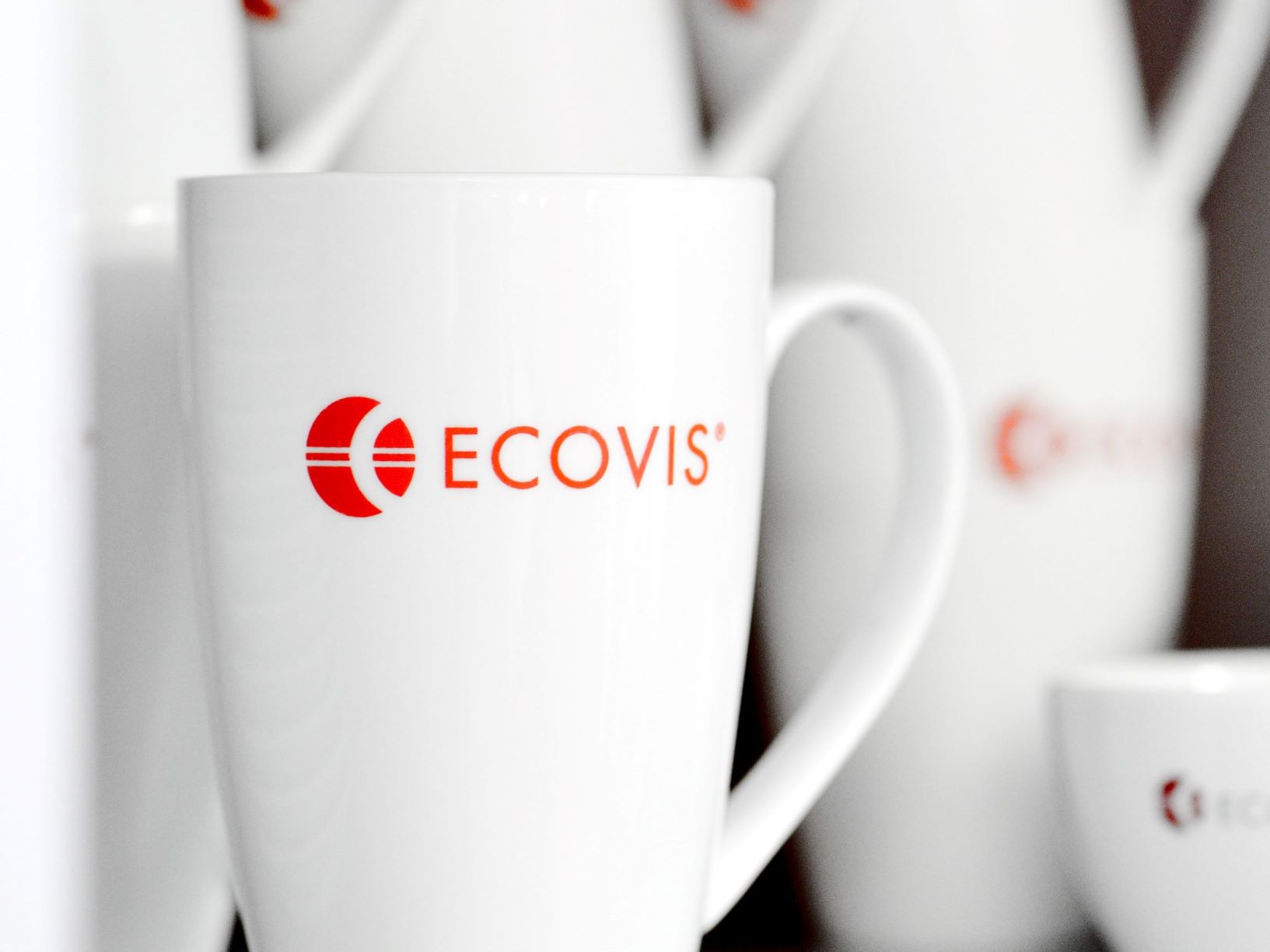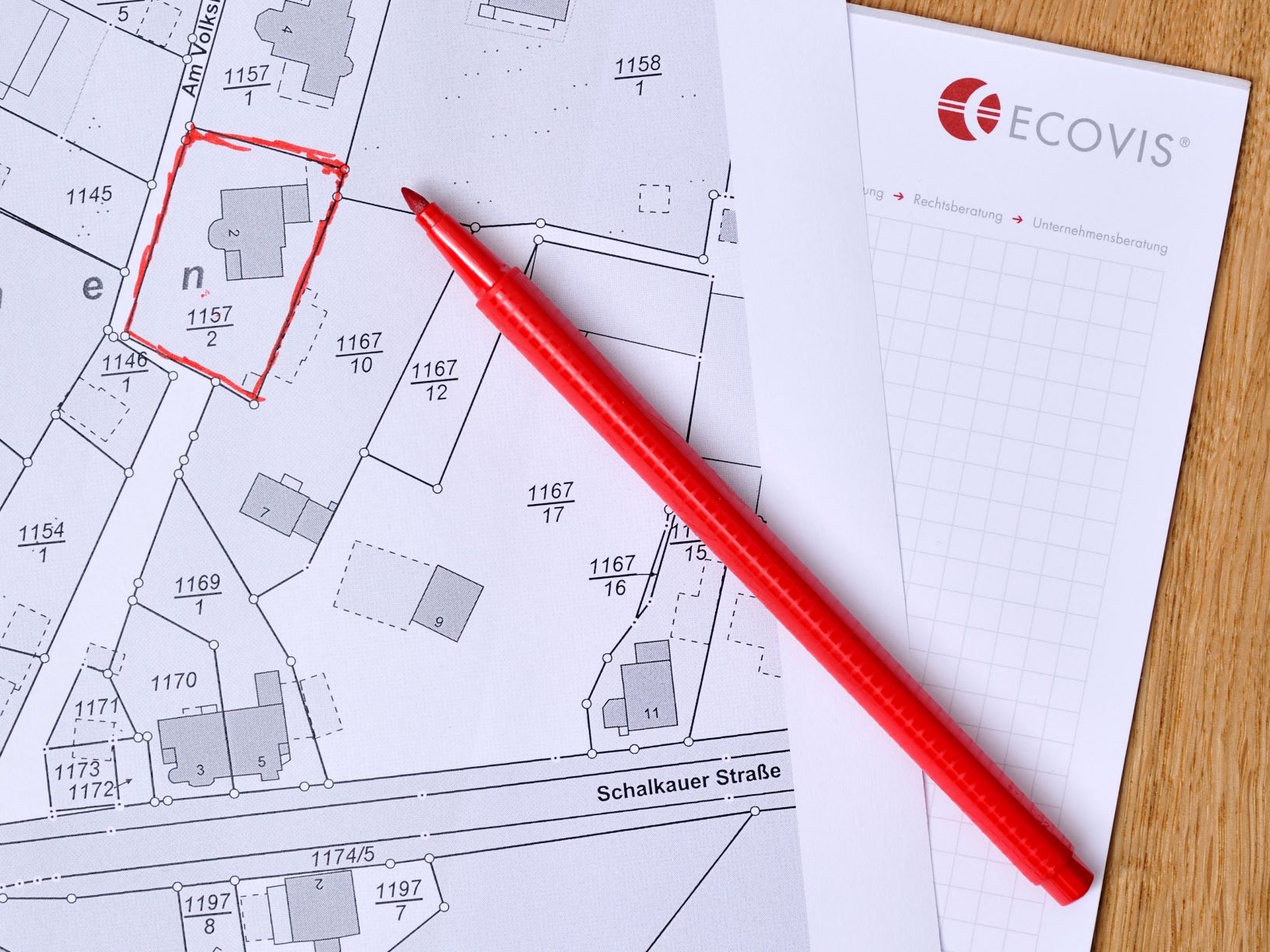Employee and Employer – Labor Law, Coronavirus and Emergency Measures in the Czech Republic. Other related Legal Questions
Czech labor law issues in times of state of emergency in Czech Republic
In the article Emergency Measures and State of Emergency in Czech Republic you can find current information on the latest developments in the Czech Republic. After almost a week of emergency measures in place, a basic summary for employers and employees has been published on their website by the Ministry of Labor and Social Affairs, as the Labor Ten Commandments for handling Coronavirus in Czech Republic.
1. EMPLOYEE IN QUARANTINE
- If the employee is ordered quarantine, this is a reason for which the employee is not able to work caused by the employee within the meaning of Sections 191 and 192 of the Czech Labor Code, and such employee is entitled to wage compensation of 60% of his/her average earnings for the first 14 calendar days; whereas this reimbursement is payable on weekdays and on public holidays for which the employee is otherwise entitled to wage or when the wage/salary is not reduced in any way. The quarantine order does not interrupt the employee work-leave that has already begun.
- If the employee's quarantine or illness lasts longer than 14 days, such employee shall be entitled to the sickness insurance payments by the Czech Social Security Administration, from the 15th calendar day of the employee quarantine order/illness begun.
- The employee is obliged to inform the employer, that he/she is not able to work because of the quarantine, and about its expected duration without undue delay and to provide the employee with a proof of such quarantine order (see § 206 par. 1 and 2 of the Czech Labor Code).
- The employer is obliged to excuse the employee's absence from work during the period of employee’s quarantine ordered under the Public Health Protection Act.
2. EMPLOYEE’S OBLIGATIONS WITH REGARD TO EMERGENCY MEASURES
- An employee residing permanently in the Czech Republic, who returns from the Italy to the Czech Republic on March 7, 2020 or later, is instructed to report this fact immediately to his/her doctor, who is obliged to order 14 days quarantine to such person pursuant to § Article 2 (7) (a) a) of the Public Health Protection Act.
- An employee, who has been told by the local health authority that he/she has been in contact with a patient confirmed to be positive with coronavirus SARS-CoV-2 causing the illness COVID-19, is required to provide the necessary assistance to a local doctor or local practitioner for children and adolescents, and stay in the ordered quarantine.
- The employee is obliged to stay in the quarantine, and report this fact to the employer without any undue delay.
- The employee may refuse to perform dangerous work, which can directly and seriously endanger his/her life or health, or life of health of other people. In this respect, the the mere fear of the possibility of being infected with coronavirus does not fulfil the aforementioned nature of the dangerous work.
3. EMPLOYEE'S OPTIONS IN THE EVENT A CORONAVIRUS INFECTION IS SUSPECTED
- Home-office. The employee shall temporarily work outside the employer's place of work. As this is an agreement of both parties, the other party to the employment relationship is not obliged to accept the change of the place of work (work from home). Home-office is not explicitly regulated in the Czech Labor Code, and therefore we recommend that the detailed conditions of this method of work be modified in detail (i.e. ad hoc in the agreement on home-office, or in the work contract).
- Changing the schedule of employee’s shifts. The employer must notify this change in time and notify the employee at least 14 calendar days in advance, unless otherwise agreed with the employee.
- Holiday. The employer is obliged to notify the employee about the ordered holiday leave in writing at least 14 days in advance, unless there is an agreement with the employee on a shorter notification period (Section 217 (1) of the Czech Labor Code).
- If the employee is ready to do work at his/her place of work for the employer and the employer will not assign any work to such employee, while this employee do not have any obstacle to work (for example, the employee is not in quarantine or temporarily incapable of work, but the employer have some concerns), this is an obstacle to work on the side of the employer and the employee is entitled to wage compensation in the amount of his/her average earnings (Section 208 of the Czech Labor Code).
- If none of the above-mentioned instruments are used in a particular case, it is possible for the employer to comply with the employee's request to take a holiday without any compensation of the employee’s wage.
- The employer may, and to a certain extent is also required to, request information from the employees about the risks associated with coronavirus, for example whether they have not been present in any of the infection outbreaks, particularly with regard to Section 102 (1) and Section 106 (4) of the Czech Labor Code. On the other hand, it may be difficult to punish employees for a false or incomplete answer.
- The employer cannot prohibit the employees to travel outside of the work.
4. RIGHTS OF THE EMPLOYEE, WHO CARES FOR A CHILD, WITH REGARD TO EMERGENCY MEASURES
- An employee, who is not able to work due to duty of care for a child under the age of 10, because school, or other childcare facility where the child is otherwise in day care, or the school of which the child is a pupil of are closed due to the emergency measure, is entitled to sick pay (Section 39 of the Act on Sickness Insurance). The employee is entitled to the nursing allowance in case such employee takes care of a child under the age of 10, who lives in one household with such employee, or of which the employee is a parent of. Detailed description of the nursing allowance can be found on the Czech Social Security Office website.
Indicative calculation of the amount of the nursing allowance by means of an Excel table published on the website of the Czech Ministry of Labour and Social Affairs.
- Employees working based on the work agreements (i.e. outside of the general work contract) are not entitled to nursing allowances.
- The support period for nursing allowance is 9 calendar days. In the case of a lone employee who has at least one child up to 16 years of age in permanent care who has not completed compulsory education, the support period shall not exceed 16 calendar days. The nursing allowance is 60% of the reduced daily assessment base per one calendar day. Procedure for claiming nursing allowance. . After this support period is over, the employee is entitled to sickness benefits. Procedure for the payment of sickness allowances.
5. CLOSED SHOPS AND ESTABLISHMENTS AS OBSTACLES ON THE EMPLOYER'S SIDE AND PARTIAL UNEMPLOYMENT
The procedure is not entirely clear as to whether the emergency measures constitute obstacles on the part of the employer to which the employee is entitled to 100% of the wage (Section 208 of the Czech Labor Code provides in general that " Where an employee cannot perform work due to obstacles to work on the side of his employer other than those laid down in section 207, the employee shall be entitled to compensatory wage or salary in the amount of average earnings; this shall not apply if working hours account is used (sections 86 and 87).“ or the employer can apply Section 209 (1) of Czech Labor Code and either on the basis of an agreement with a trade union or based on an issued internal regulation, the binding rules for determining the labor rights of employers' employees during the obstacle to work on the part of the employer because of partial unemployment can be set.
The application of Section 209 of the Labor Code to partial unemployment is supported by the fact that the situation can be interpreted as „temporary drop in sales of the employer's products or due to a drop in demand for services rendered by the employer '. If the employer decides to take a measure of partial employment, he or she should either enter into an agreement with the trade union, if he / she is working with it, or issue an internal regulation adjusting the amount of wage compensation to be paid to the employee 60% of average earnings.
6. WHERE TO FIND RELEVANT LEGAL INFORMATION ABOUT CORONAVIRUS AND TRAVEL INFORMATION
The situation regarding coronavirus and emergency measures is constantly evolving in the Czech Republic. Where to find relevant information for your business?
Emergency measures of the Ministry of Health are published on the official notice panel of the Ministry of Health Current emergency measures and decisions on COVID-19.
State of emergency took place in the Collection of Documents on 12 March 2020 in the form of a Resolution of the Czech government to declare a state of emergency for the Czech Republic because of the health risk related to demonstrating the incidence of coronavirus / known as SARS CoV-2 / the Czech Republic for the period from 14.00 hours on 12 March 2020 for 30 days.. The rights of the Government of the Czech Republic for the duration are contained in Act No. 240/2000 Coll., On Crisis Management and on Amendments to Certain Acts..
Price regulation is published by the Ministry of Finance on the website of the Price Bulletin. The last and so far the only price and sales restriction was the establishment of the Terms and Conditions of the sale of FFP3 class masks in the Czech Republic after 4.3.2020.
Useful information on current travel possibilities can be found on the website of the Ministry of Foreign Affairs Recommendations on travel abroad in connection with the spread of coronavirus and/or on the WHO website a Updated WHO recommendations for international traffic in relation to COVID-19 outbreak.
The emergency measures and impacts of coronavirus disease already raise questions not only in terms of labor law and possible measures under the Czech Labor Code (see this article Labor Law Questions on Coronavirus and Emergency Measures in the Czech Republic ), but also in terms of application of several provisions of the Czech Civil Code, i.e. on subsequent impossibility of fulfilment of an obligation under the Section 2006 of the Czech Civil Code, indemnity effect due to the force majeure in relation to compensation for damage pursuant to Section 2913 (2) of the Czech Civil Code, substantial changes in circumstances within the meaning of Section 1765 of the Czech Civil Code, or even the interpretation of the scope of insurance coverage according to the agreed scope of insurance.
For more information, contact us at:
JUDr. Mojmír Ježek, Ph.D.
ECOVIS ježek, advokátní kancelář s.r.o.
Betlémské nám. 6
110 00 Praha 1
e-mail: mojmir.jezek@ecovislegal.cz
www.ecovislegal.cz
About ECOVIS ježek advokátní kancelář s.r.o.
The Czech law office in Prague ECOVIS ježek practices mainly in the area of Czech commercial law, Czech real estate law, representation at Czech courts, administrative bodies and arbitration courts, as well as Czech finance and banking law, and provides full-fledged advice in all areas, making it a suitable alternative for clients of international law offices. The international dimension of the Czech legal services provided is ensured through past experience and through co-operation with leading legal offices in most European countries, the US, and other jurisdictions. The Czech lawyers of the ECOVIS ježek team have many years of experience from leading international law offices and tax companies, in providing legal advice to multinational corporations, large Czech companies, but also to medium-sized companies and individual clients. For more information, go to www.ecovislegal.cz/en.
The information contained on this website is a legal advertisement. Do not consider anything on this website as legal advice and nothing on this website is an advocate-client relationship. Before discussing anything about what you read on these pages, arrange a legal consultation with us. Past results are not a guarantee of future results, and previous results do not indicate or predict future results. Each case is different and must be judged according to its own circumstances.














